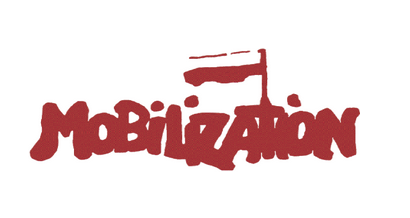The call is for a special issue of the Mobilization Quarterly

This Mobilization special issue explores legal mobilization, the strategic use of legal tools by social movements to drive social and political change. As a key repertoire of contentious action, legal mobilization has generated substantial interdisciplinary scholarship, particularly within civil rights and environmental movements. Despite its increasing importance amid growing repression and far-right backlash, comparative analyses of legal mobilization across policy areas, movements, and institutional contexts remain limited. Existing scholarship centers primarily on single-issue case studies, leaving systematic theoretical frameworks underdeveloped. This special issue seeks to address this gap by bringing together scholars who study legal mobilization from diverse theoretical and empirical perspectives, fostering cross-movement dialogue to advance theory-building in this vital field.
We particularly welcome contributions that, building upon social movement studies, investigate the configurations and interactions of political and legal opportunity structures within complex fields where multiple actors mobilize diverse resources across various empirical contexts. Submitted papers should examine how, across different cases, legal systems and political regimes, social movements engage with the law, addressing questions such as:
We invite empirical contributions from across the social, political, and legal sciences, and we encourage diverse methodological approaches. We are especially interested in studies that address legal mobilization in the contexts of environmental, labor, gender rights, civil rights, migration, and Palestine solidarity movements.
The deadline for submitting papers is January 4, 2026. Please note that your submission is for this special issue in your cover letter.
The special issue will appear as the December 2026 issue of Mobilization. Initial manuscript review decisions will be made in April and May 2026, final selection of revised manuscripts will be made in the summer, and final versions of accepted manuscripts will be due in late August 2026.
Feel free to contact the editors with any questions prior to submission: Federico Alagna, Scott Cummings, or Donatella della Porta.
Journal Article - 2025
Journal Article - 2023
Journal Article - 2023
Journal Article - 2023
Journal Article - 2023
Monograph - 2023
Monograph - 2022
Monograph - 2022
Journal Article - 2021
Journal Article - 2021